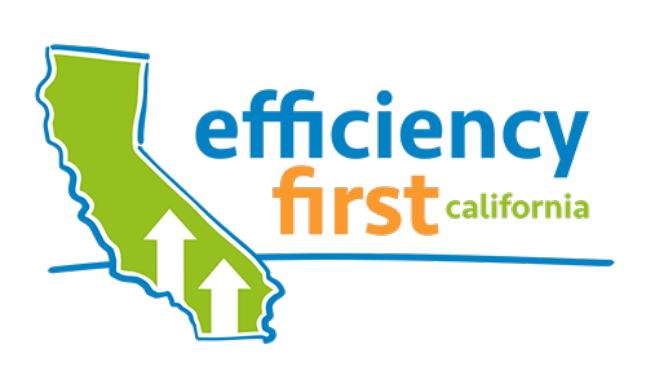Switching the Conversation to Green House Gas
There has been a recent trend at the California Public Utilities Commission (CPUC) that should be good news for the home performance industry.
First a bit of history. Many of the current building codes and standards are influenced by factors that are years, or even decades old. For example, the energy code today favors natural gas over electricity. There is some logic to this decision, when the guidelines were written electricity was being produced from dirty sources and natural gas was clean and abundant, which means it was cheap. Today our electric grid has evolved and the mix of hydroelectric and renewables mean it’s a much cleaner energy source than fossil fuels. Cost is another factor, the price of natural gas has increased significantly over the years eroding it’s price advantage over electricity.
Tankless Water Heaters vs. Heat Pump Water Heaters
An example of this legacy bias is natural gas tankless water heaters. Current code favors tankless water heaters and actually gives them more Title 24 (energy code) credit than Heat Pump Water Heaters. This is mostly due to HPWHs being electric. Today with the cleaner electric grid and the outstanding performance of HPWHs, which are often 300% or more efficient, this legislation is outdated and needs to be revised to reflect current conditions. We should be supporting and encouraging HPWHs across the board. Efforts are in place to rectify the situation but the pace of change at the CPUC is slow, on a good day.
Energy Savings vs. Greenhouse Gas Reductions
There is a positive trend that is gaining some traction at the CPUC. The dialog is shifting from a focus on energy savings to greenhouse gas reductions (GHG). This is important, as GHG reductions strategies take into account emissions and assign a societal cost to the ones that do the most harm. When you factor in GHG many of the principles of Home Performance measures gain value. For example, using mini-split heat pumps for space conditioning which often requires converting from natural gas to electricity. We know that electricity is a cleaner energy source than burning fossil fuels. When GHG is a factor, switching fuels from natural gas to electricity not only makes sense but it should be favored and incentivized.
Eliminating Combustion Appliances
If we can keep the focus on GHG the natural pathway is to eliminate combustion devices in our buildings and replace them with electric alternatives. This means using heat pumps instead of furnaces for space conditioning and heat pump water heaters in place of natural gas water heaters. The push towards heat pumps is something the energy efficiency industry has been championing for years. Heat pumps are much more efficient than their natural gas counterparts. If we remove combustion devices we remove the concern of Carbon Monoxide and other harmful combustion by-products. Heat pumps are electric, this means they run on clean energy including site produced electricity. We need to keep the information flowing to the CPUC regarding heat pumps and all-electric buildings.
We need to remove combustion appliances from our homes and adapt to an all-electric future. The GHG conversation is a good place to start and we are encouraged to see the trend shift away from fossil fuels towards a clean, all-electric future.
Charley Cormany
Executive Director


